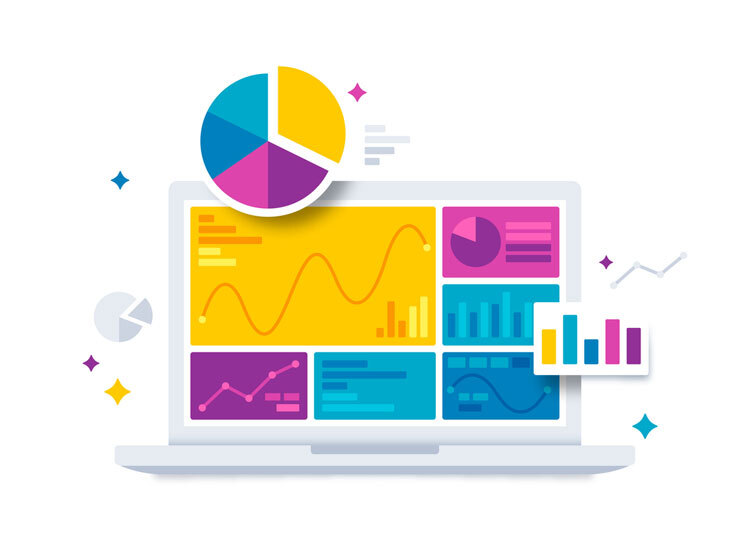In today’s fast-paced world, we expect things to happen instantly. From fast food to home entertainment on demand and our information at our fingertips, we live a fast life. And the same goes for websites. A website that fails to load within seconds will be considered heavy or supported by poor hosting service. In the digital age, website speed is a major factor in whether your brand will still be relevant. But what does website speed actually mean? And why is it so important?
What is Website Speed?
When you click on a website link, the time it takes for that website to load all its elements- images, headings, or other media, is basically your website speed. Current websites are expected to load in not more than 3 seconds, half a second being the most ideal. Website speed contributes to both user experience and search engine rankings.
How Does Website Speed Affect Rankings?
Search engines like Google take website speed, as one of the ranking factors, into account when determining where to rank a site in search results. They do this because they know that users are more likely to click on a site that loads quickly than one that does not. In fact, Google has even officially stated that site speed is a ranking factor. So, if you want your site to rank well, a better part of your efforts should go into making the website load faster, basically, optimizing website.
How Website Speed Affects Users
In addition to affecting your ranking, website speed also affects your users’ experience. Studies have shown that 40% of users will exit or visit a different website if the previous one takes more than 3 seconds to load. A 1-second delay in page loading can mean a 7% reduction in conversions. This means you are likely losing out on potential customers or leads with a slow and heavy website.
How to Improve Your Site Speed
Improving your website’s page speed doesn’t have to be challenging or expensive. Following only a few simple steps can give a new and fast life to your website.
- Hosting: Do you have a reliable and good quality hosting solution? If not, this should be your first priority. The ideal choice is always a VPS or dedicated hosting. This will give your site its own resources instead of competing with other sites for processing power and memory. Your hosting will also help you during a sudden traffic surge.
- Optimized Images: If you have a lot of high-resolution images on your site, consider using a tool that will help you optimize them easily. You can optimize the images in different web browsers, devices, or resolutions. The lighter the images are, the faster your website is.
- Enable Caching: Allow or enable caching as much as possible on web pages. This will help your repeated visitors with saved copies, and the next time they open the links, instead of starting the website from scratch, they will see the saved version with some updated elements. This means your website loads faster for your repeat visitors.
Conclusion
As discussed above, website speed is important for both search engine ranking and user experience. If your site is slow, you could lose out on potential customers or leads. But there are several things a marketer suggest that you can do, including optimizing your images, using caching, and reducing redirects. If you are unsure where to start, contact a digital marketing agency to guide or help you with your website or learn more about SEO issues. A marketing agency can also help you with page speed insights.
Call Adroitte
Contact us to discuss your website development requirement. Call us today on +917760487777 or 08041127377 or message us on our contact form and we will reply back ASAP. We can discuss how we can strategically website development for your organization.




